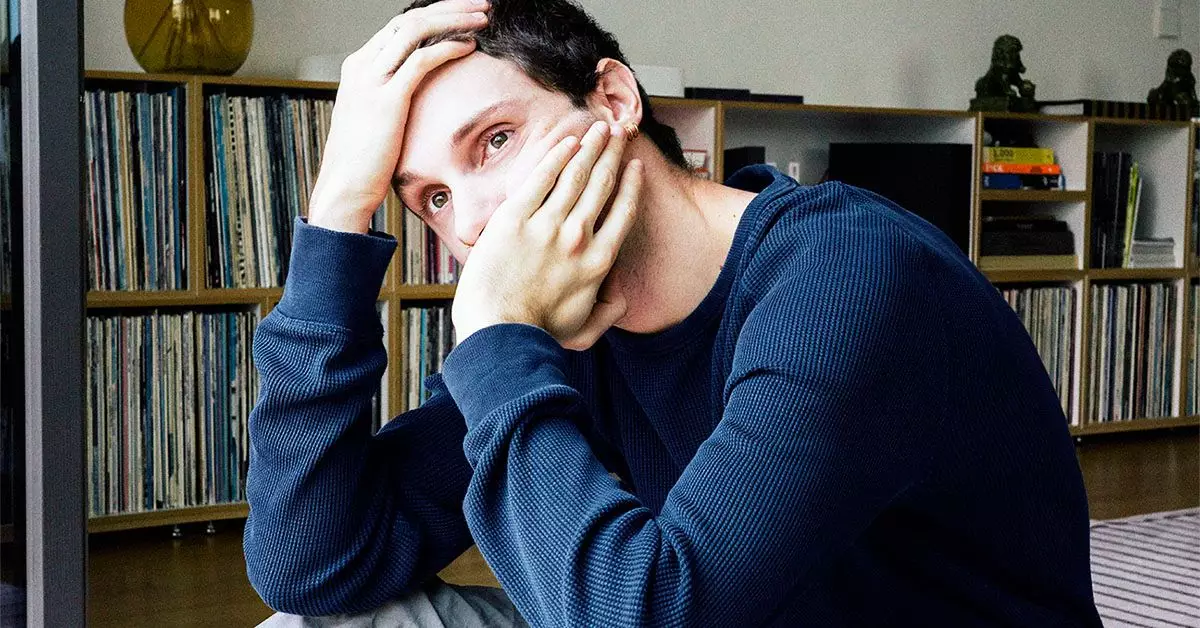Shyness is often dismissed as a mere personality trait, but its impact can extend far beyond occasional discomfort in social situations. While shyness is a common experience that almost everyone faces at some point, its more intense forms can lead to substantial disruptions in a person’s life. The feeling of being shy is akin to standing at the edge of a crowded party, yearning to join in but feeling an invisible barrier hold you back. This simple hesitance can influence not only personal relationships but also opportunities in professional environments. Although prevailing through everyday interactions may seem trivial to the uninitiated, for the shy individual, such tasks can be imbued with anxiety.
Interestingly, many do not recognize the powerful implications of shyness. It can manifest itself not merely as a personality quirk but as a chronic set of feelings that can erode confidence over time. Children raised in environments that discourage independence might face heightened levels of shyness. This paradigm can lead to a cycle where negative experiences during formative years exacerbate feelings of inadequacy and awkwardness in future social scenarios.
The Distinct Realm of Social Anxiety Disorder
On another level lies social anxiety disorder (SAD), a mental health condition that can incapacitate individuals beyond ordinary shyness. While shyness may evoke feelings of tension in social situations, social anxiety is marked by debilitating dread that can paralyze even the most mundane interactions. Imagine having to give a simple answer to a question and feeling as though the very act of speaking could lead to humiliation or ridicule; this is the reality for many suffering from social anxiety.
The underlying causes of social anxiety are complex and can derive from a blend of genetic, environmental, and psychological factors. Research indicates that individuals with a family history of anxiety disorders are more likely to experience social anxiety themselves. Past traumatic experiences or consistent negative feedback can amplify these fears, making everyday interactions seem insurmountable. Strikingly, this often results in avoidance of not just social gatherings, but even necessary scenarios such as attending work or school, where an overwhelming fear of judgment looms.
Diagnosing Social Anxiety: The Path to Treatment
Diagnosis of social anxiety requires more than self-reflection; it necessitates professional evaluation. Understanding the nuances between shyness and social anxiety is crucial. Someone who feels shy at social gatherings can usually manage to engage eventually, but a person with social anxiety fears judgment so deeply that it often results in them withdrawing altogether.
Health care professionals utilize structured assessments based on the Diagnostic and Statistical Manual of Mental Disorders (DSM-5-TR) to ascertain the presence of social anxiety disorder. It’s essential that those struggling with these feelings seek help, as untreated social anxiety can lead to severe ramifications for mental health and personal growth. Psychotherapy, especially cognitive behavioral therapy (CBT), is frequently recommended, as it equips individuals with tools to challenge negative thought patterns and face fears constructively.
The Interplay Between Shyness and Mental Health Issues
The interconnection between shyness and mental health is increasingly under scrutiny. Studies indicate that extreme shyness can be a precursor to various anxiety disorders, including social anxiety itself. This correlation exemplifies the importance of addressing shyness, as it can morph into more serious mental health challenges if left unacknowledged.
Children and adolescents, in particular, might find themselves battling negative perceptions about their social skills, leading to a perilous decline in self-esteem. In a world that often values extroversion, the shy individual may feel marginalized, leading to a vicious cycle of avoidance and overstimulation of anxiety.
Paving the Way Forward: From Shyness to Confidence
However, shyness doesn’t have to be a lifelong hindrance. Understanding its roots can change one’s outlook. Those grappling with shyness can benefit significantly from engaging in therapy, where strategies can be developed to combat anxiety-provoking situations. Psychotherapy can foster an environment of understanding and support, enabling individuals to reclaim their self-worth and enhance social skills.
The journey from shyness to confidence is a nuanced one; it requires acknowledgment, understanding, and a willingness to step outside comfort zones—logically putting oneself in situations where fear may be dismantled through gradual exposure. Distinguishing between shyness and social anxiety is not just about labeling feelings; it’s about opening doors to treatment and support, ultimately leading to a more fulfilling social life.
This understanding creates an avenue for empathy and support for both shy individuals and those facing the heavier burden of social anxiety disorder. Recognizing one’s struggles can pave the path toward empowerment and rightful acknowledgement in the sociocultural context that often seems at odds with such temperament.

